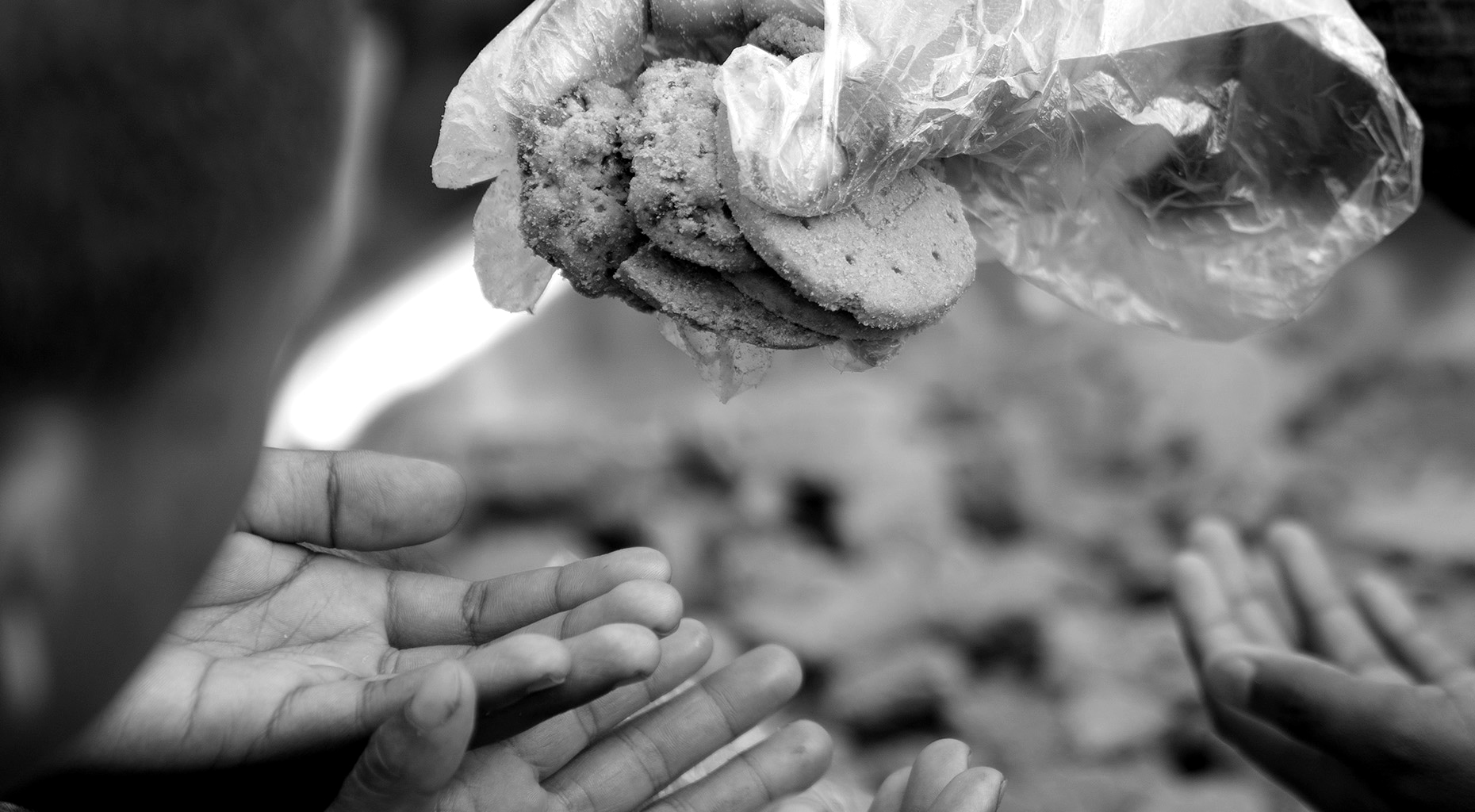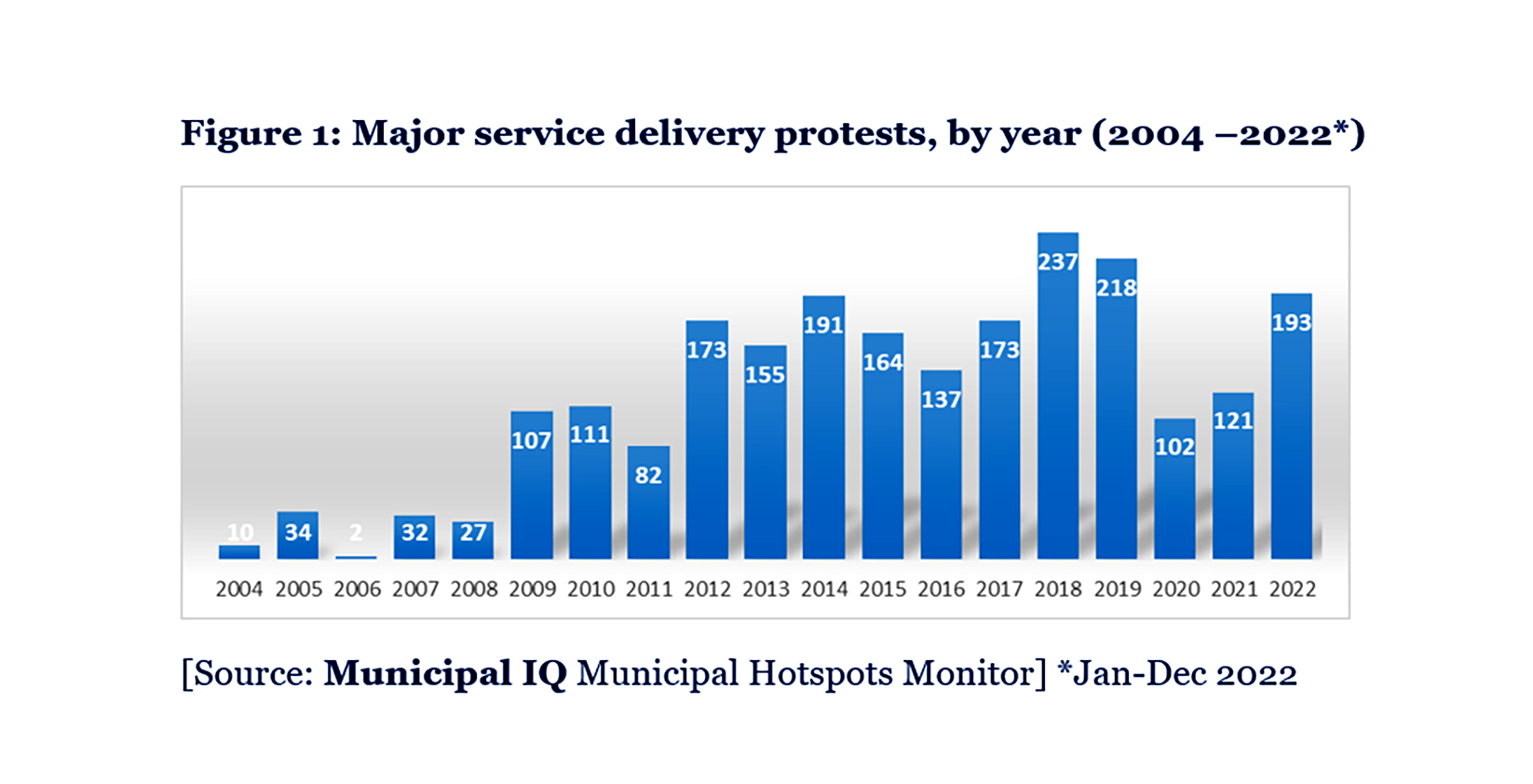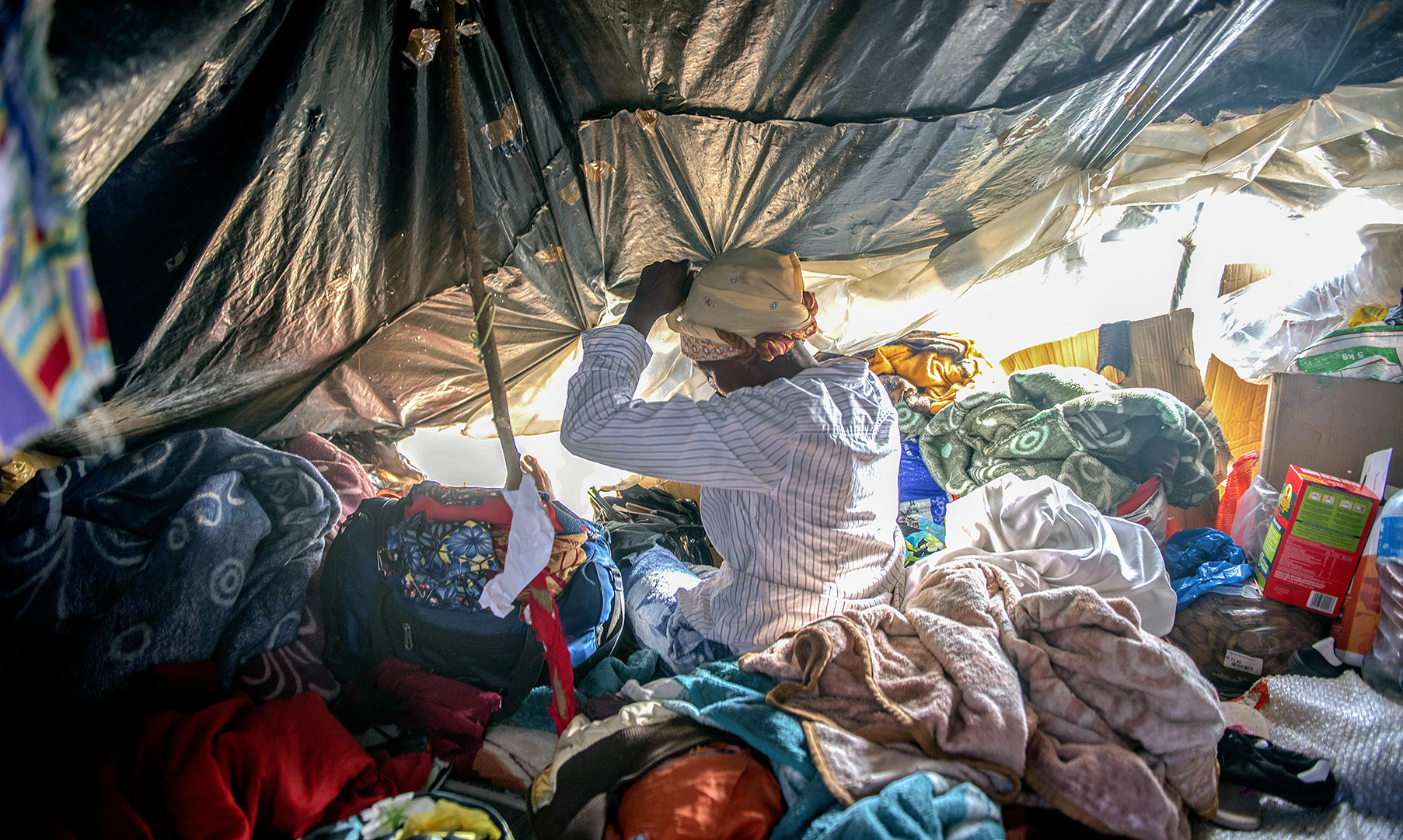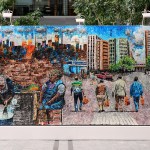TUESDAY EDITORIAL
The other side of Sona – Suffering Nation, Seething Nation
When the Sona show is over, and our attention has moved on, ‘business as usual’ means the steady and inexorable whittling away of the dignity, opportunity and possibility from millions of people in South Africa.
It is difficult to know how or what to write about this week’s annual State of the Nation Address (Sona), to be delivered by President Cyril Ramaphosa on behalf of his Cabinet and the ANC.
It comes around again in the annual political calendar accompanied by a profound sense of scepticism and déjà vu.
The President will pronounce, the opposition parties will denounce and disrupt, the media will pick and unpack, op-eds will be written, civil society will express its disappointment.
There will be sound and fury, column inches, noise, bluster… And then it will be back to governmental business as usual.
Despite the attempt to massage the truth by the Presidency, through glossy state of the nation brochures that list “Commitments and Achievements” in vague and generalised terms (look at the section on health, for example) one cannot get away from the disjuncture between polished shlock and the reality on the streets.
When the Sona show is over, and media attention has moved on, “business as usual” means the steady and inexorable whittling away of the dignity, opportunity and possibility from millions of people in South Africa.

Children receive biscuits from the Groundbreakers community feeding programme in Ocean View, Cape Town. (Photo: EPA-EFE / Nic Bothma)
Knowing this, I wanted to write about the real state of the nation. But trying to describe the pain and brokenness of our society comes with a similar sense of “been there, seen that” – especially when those with political and economic power have managed so successfully to delink from and desensitise themselves to people’s everyday realities.
Our nation is trying very hard to express its pain, but very few people with power are listening.
This weekend I watched the premiere of a series of one-minute films, Tshammu, written by new graduates of the Market Theatre Laboratory under the overall directorship of Omphile Molusi. They were fine films, presented by smart kids (my son among them), dressed to the nines. But their storylines were overwhelmingly about violence, alcoholism, desperation and anxiety. The directors are the new generation of what, 40 years ago, we would have celebrated as our protest poets and playwrights.
But this time the protest seems darker and deeper.
Another space where this anxiety bubbles to the surface is protest. According to a report released on 31 January by Municipal IQ, in 2022 there were 193 municipal service delivery protests, a number they say is fast approaching the historic high levels of 2018 and 2019 – a different protest every day and a half. The police put the figure much higher: the SAPS attended 2,455 public protests from July to September 2022, according to Minister Bheki Cele.
 Our media headlines are littered with reports of what researchers from the Centre for the Study of Violence and Reconciliation once termed “the smoke that calls”. Here’s just a sample from the past few days:
Our media headlines are littered with reports of what researchers from the Centre for the Study of Violence and Reconciliation once termed “the smoke that calls”. Here’s just a sample from the past few days:
- ANC says load shedding could lead to increased civil unrest;
- Sosh residents protest power, water outages | Rekord;
- Protesters block main road in Cape Town, demanding electricity;
- Gqeberha shack dwellers stage fiery protest after 24-year wait for housing;
- Durban residents protest over water and electricity cuts; GALLERY;
- Irate South Africans gather to protest against load shedding; and
- No lights, no water: South Africans fume at cascading crisis.
At least these protesters are being seen by the media. Not every person in South Africa has that ability. How does a hungry child tell his or her story?
How does one of the 558 children murdered between April and September 2022 tell their story?
They don’t. Children skewered on the petard of economic guesswork and a pending Cabinet reshuffle to distribute rewards for the party boys are dependent on others to try to make their pain heard.
Read in Daily Maverick: “Advocates call for child health services to be protected from from austerity cuts”
How does a homeless person or a refugee or an undocumented migrant worker convey the daily pain and anxiety they live through?
They don’t.
How does a permanently unemployed young person (one of 59.6%), their dreams demoted to the ranks of waste pickers (“one person, one bin” is the rule of the suburbs), express their indignity, except perhaps through addiction, crime or suicide.
How does an exhausted junior doctor who tells a journalist at the end of a long shift at Helen Joseph, a failing public hospital, that “I want to sleep and never wake up. I just want to die”, get to be heard?
No wonder that, according to a World Population Review, South Africa ranks 10th in global suicide rates. You won’t hear about this side of the nation from the President.
Sona should be a reckoning, not a charade
So, my question, as I mull these imponderables, is why do the media and civil society continue to glorify the Sona charade, when there is so much that really needs our attention and that needs to be done?
With our politics so broken, why do we continue to humour and honour these politicians?
The answer is bad habit and necessity. I focus on the latter only. In our constitutional dispensation, Sona should be an annual reckoning between citizens and their elected public servants. It should be an occasion where, on the basis of a set of objective and independently verified indicators (produced by bodies like the SAHRC, the MRC and Stats SA), outcomes of government are measured against constitutional values. It should be soberly debated and lead to course corrections that aim to build a society based on the promise of the four pillars in the Constitution’s preamble.
Sadly, it won’t be that.

Refugees and asylum seekers from the Democratic Republic of Congo, Uganda, Ethiopia, Rwanda and Burundi camp outside the Commissioner for Refugees office in Pretoria on 2 June 2022. Citing xenophobic attacks in South Africa, they were seeking protection and repatriation to a country that accepts refugees, where they will be safe and where there is a future for their children. (Photo: Gallo images / Alet Pretorius)
As a result, lines by British poet Linton Kwesi Johnson come to mind: “Sometimes the pungent odour of decay signals that a brand new life is on the way.”
We can only hope.
As my trip to the Market Theatre reminded me, outside of the corridors of Parliament South Africa has tremendous skill, capability and vision. It has armies of community activists, and substantial financial resources if they could be spent on the right people, at the right time in the right place. But it is being broken.
In my view, as we watch another reel of Sona, the real debate is not what to expect of the politicians, but what should “we, the people” be doing to replace them in 2024. DM/MC




















Exactly.
“the real debate is not what to expect of the politicians, but what should “we, the people” be doing to replace them in 2024”.
For some inspiration, see on YouTube ‘Bringing down a Dictator’ (Milosevic).
Amen. If we have a sick amd broken political class remember where they came from. They came from among us.